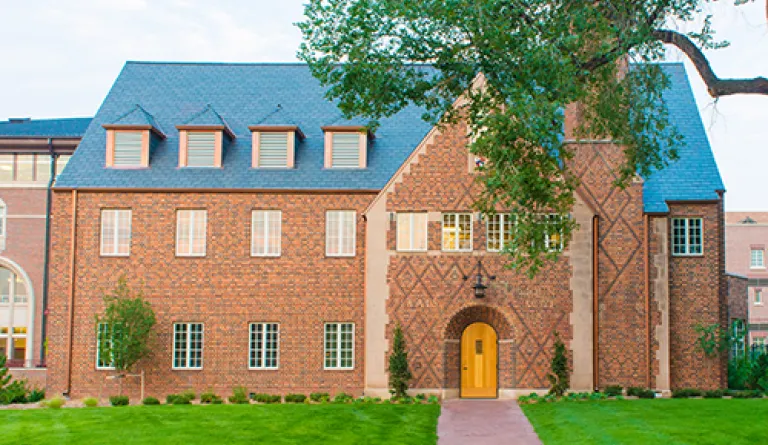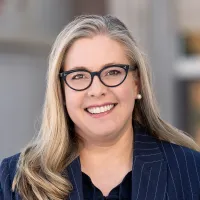Awaiting Change: The Impact of Implementing Federal Rules Changes

The proposed amendments to the Federal Rules of Civil Procedure and their potential impact continue to be on the forefront of discussions around the country. During a recent webinar titled “Amending the Federal Rules: Moving Toward Adoption,” the Civil Rules Advisory Committee Chairman, Judge David Campbell, discussed the history of the amendments and the unprecedented number of public comments received during the rulemaking process. He noted that he was not surprised at the extensive response, given that the changes “strike right at the heart of what matters” to litigators and litigants.
We don't pretend that these are the final answer on these complex issues. We know that we will learn more as a bench and as lawyers as we continue to deal with ESI and I am confident there will be modifications in the future that will improve these Rules. We also believe as a Committee that if these become effective on December 1, we and others in the bar need to actively educate lawyers and judges about the changes and strongly encourage judges to become active case managers.
The discussion of the proposed amendments continued at Legal Tech New York, where a panel of judges spoke on their impact. After agreeing that the balance of the rule changes will emphasize and make explicit many of the attorney obligations and judicial powers that already exist in the rules, Chief U.S. Magistrate Judge Elizabeth Laporte, from the Northern District of California, characterized the work of the Advisory Committee as “a consciousness-raising exercise.”
Both panels recognized the importance of cooperation and proportionality, in terms of the proposed amendments as well as the change in culture that will be necessary to achieve the amendments' intended effects. Kenneth Withers, the Deputy Executive Director of The Sedona Conference®, concluded that the amendments will “force lawyers to act like lawyers.” And if so, “we will see a tremendous sea change in the way discovery has been conducted since 1938.”
